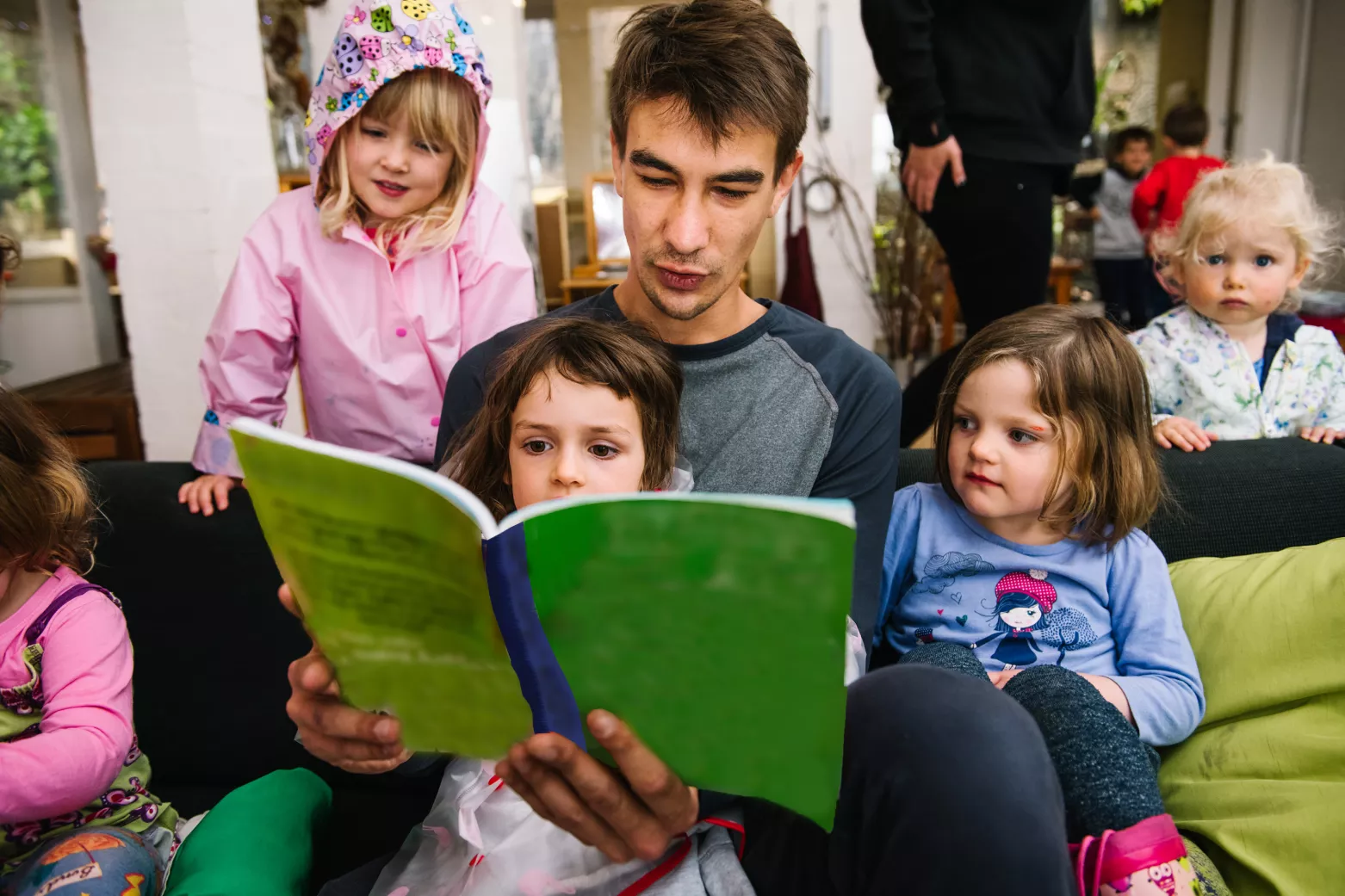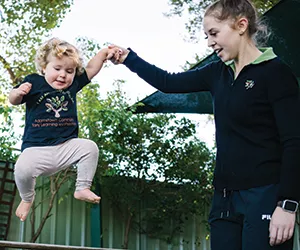- Home
- BELONGING, BEING & BECOMING - THE EARLY YEARS LEARNING FRAMEWORK
- (EYLF) A VISION FOR CHILDREN'S LEARNING
- (EYLF) Children’s learning
Table of contents
- BELONGING, BEING & BECOMING - THE EARLY YEARS LEARNING FRAMEWORK
- (EYLF) INTRODUCTION
- (EYLF) A VISION FOR CHILDREN'S LEARNING
- (EYLF) ELEMENTS OF THE EARLY YEARS LEARNING FRAMEWORK
- (EYLF) EARLY CHILDHOOD PEDAGOGY
- (EYLF) PRINCIPLES
- (EYLF) PRACTICES
- (EYLF) THE EARLY YEARS LEARNING FRAMEWORK PLANNING CYCLE
- (EYLF) LEARNING OUTCOMES
- (EYLF) GLOSSARY OF TERMS
- (EYLF) REFERENCES
Need help using the guide? Visit our help section.
(EYLF) Children’s learning
The diversity in family and community life in Australia means that children experience belonging, being and becoming in many ways. They bring their diverse experiences, home languages, perspectives, expectations, and cultural ways of knowing, being and doing to their learning.
Children’s learning is dynamic, complex and holistic. This means that cognitive, linguistic, physical, social, emotional, personal, spiritual and creative aspects of learning are all intricately interwoven and interrelated.
Play-based learning capitalises on children’s natural inclination to be curious, explore and learn. Children actively construct their own understandings that contribute to their own learning. In play experiences children integrate their emotions, thinking and motivation that assists to strengthen brain functioning. They exercise their agency, intentionality, capacity to initiate and lead learning, and their right to participate in decisions that affect them, including about their learning.

Play-based learning:
- allows for the expression of personality and uniqueness
- offers opportunities for multimodal play
- enhances thinking skills and lifelong learning dispositions such as curiosity, persistence and creativity
- enables children to make connections between prior experiences and new learning and to transfer learning from one experience to another
- assists children to develop and build relationships and friendships
- develops knowledge acquisition and concepts in authentic contexts
- builds a sense of identity
- strengthens self-regulation, and physical and mental wellbeing.
Viewing children as active participants and decision-makers opens possibilities for educators to move beyond preconceived expectations about what children can do and learn. This requires educators to understand, respect and work with each child’s unique qualities and capabilities.

Educators’ practices and the relationships they form with children and their families have a significant effect on children’s participation in early childhood education, engagement in learning opportunities and success as learners. Children thrive when they, their families and their educators work together in partnership to support their learning, development and wellbeing. Relationships are strengthened when educators recognise and affirm children’s home languages and cultural identities and when they create culturally secure and safe places for children and their families.
Children’s early learning influences their continuing educational journeys. Wellbeing and a strong sense of connection, optimism, resilience and engagement enable children to develop a growth mindset, and a positive attitude to learning.
The Learning Outcomes section of the Framework provides examples of evidence of children’s learning, development and wellbeing, and the educator’s intentional role in extending and enriching children’s play, thinking, learning and sense of wellbeing.